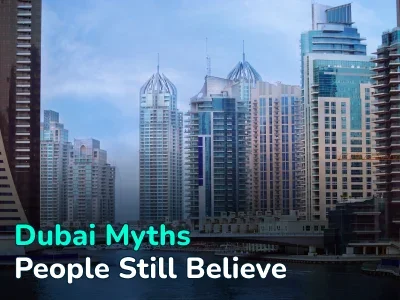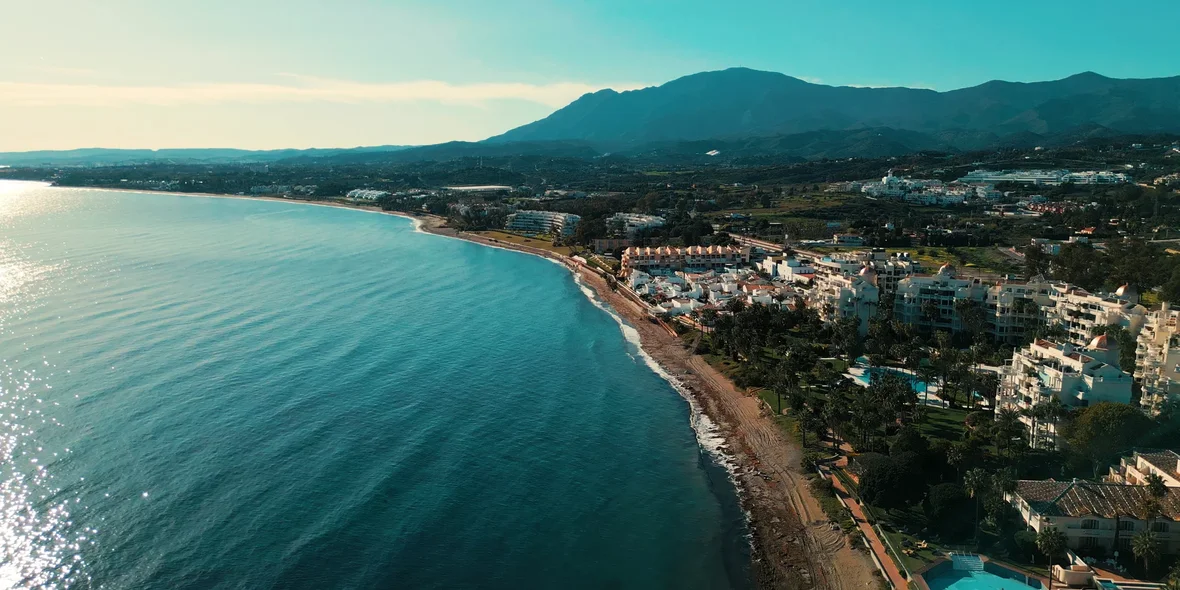
Is Buying an Apartment in Spain for up to 30,000 Euros Already Unreal? Market Expert on Property Prices in Spain, Payouts and the Best Regions for Investment
In Spain, you can buy property with cryptocurrency, but in cash — it’s impossible. About the innovations in the Spanish market, as well as about where the cheapest property is sold in Spain, in which regions it is better to buy housing for yourself, and in which – for investment, on what taxes and mortgage rates to expect, will tell Elena Bekisheva, Development Director of Alegría Group (real estate agency, service center and developer in Spain).
About sales volumes and market trends
 — What are the latest changes/developments in the Spanish real estate market?
— What are the latest changes/developments in the Spanish real estate market?
— In general, the real estate market in Spain is showing positive trends: prices continue to rise, but at a moderate pace, which eliminates the risk of a bubble.
The main news in recent months was that Euríbor, which had been growing throughout 2023, had collapsed to 3.679% by the end of December. This should lead to lower mortgage costs. The decline in Euríbor is primarily due to the fact that the European Central Bank has stopped raising key rates since October last year, which had been revised upwards for 10 consecutive months.
— How has the demand for real estate in the country changed recently, let’s say, in a year or two? What is the current level of residential sales?
— Real estate sales in Spain in 2023 decreased compared to 2022, but the figures are still very high. The Community of Valencia and, in particular, the Costa Blanca region, are the leaders in sales.
There is an increase in the number of buyers who pay the full amount at once rather than taking out mortgages. This trend is particularly noticeable among foreigners. Foreign buyers in general every year behave more and more actively, buying housing in Spain both for living and as an investment.
— What market trends have you not seen before?
— The demand for luxury real estate is steadily growing, mostly among foreigners. Something really new is buying real estate for cryptocurrency. I think that this option will soon become very popular — we have already held several transactions of that kind.
This process takes place in several stages:
- Customer data preparation;
- Wallet check — AML check and verification of financial documents (exchange and notary check);
- the technical part of the transaction - exchange of cryptocurrency in euros through an intermediary - a crypto exchanger, taking into account all taxes and commissions, as well as the transfer of the euro to a notary or developer;
- Signing of a notary’s sales contract.
This process also requires confirmation of the origin of the buyer’s funds, as in the ordinary transaction. The term of the transaction itself does not differ — up to 3 months. The option of buying real estate through cryptocurrency more often resort to those who have a number of restrictions on opening a bank account in Spain, withdrawing funds from their country, etc.
— What are the problems in the Spanish real estate market? Are there any pitfalls that are worth considering when buying Spanish real estate?
— In general, I do not see any pitfalls or specific problems. I think that the risks of buying can be the same as in other countries. I recommend you contact real estate agents you trust to avoid them.
Today, real estate in Spain is considered one of the most reliable investments, there is even a term - asset shelter. The real estate market in the country is stable, political and economic instability is also not observed.
It is not a problem, but a tendency to increase demand relative to supply. If you like the property, then you should book it immediately, as tomorrow, most likely, it will not be on sale.The market is now quite "hot" speaking on demand.
And I see it even within our company, which is considered one of the largest on the Spanish coast. With the appearance of a new interesting property there is even competition among our sales departments. The most attractive offers are sold immediately among their bases of customers, without getting to the market. This is often facilitated by the possibility of remote purchase of real estate in Spain without the arrival of the buyer. We make more than 50% of the total sales.
And I think we should mention the phenomenon of "okupas" in Spain. But fear in this regard is greatly exaggerated. Firstly, squatters prefer real estate that has long been empty, mainly banking, and secondly, you can always protect yourself by installing security systems, armored doors and other. Such housing occupiers simply are not interested.
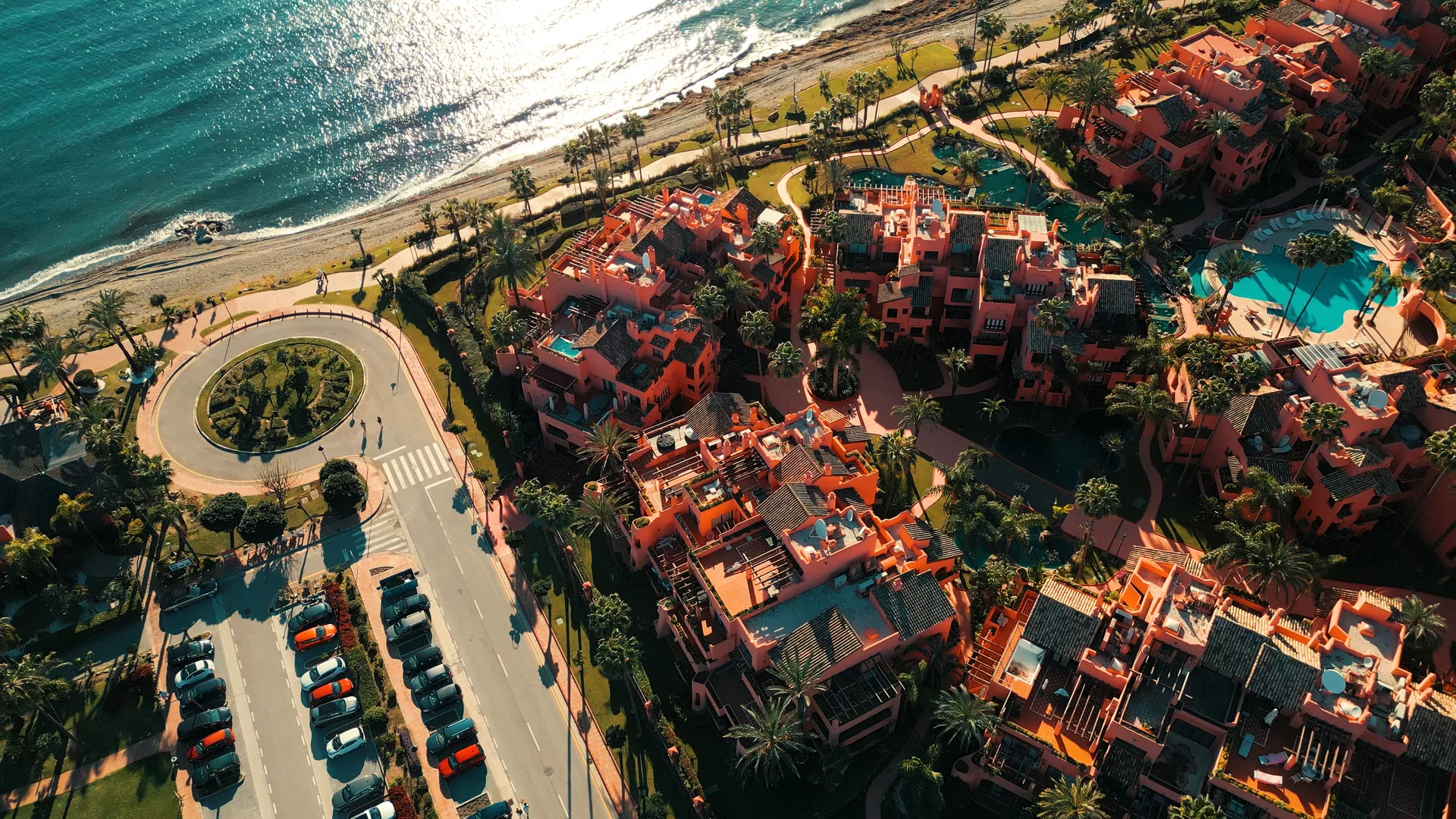
About house prices in different regions of the country
— What facilities, in general, are in constant demand in Spain?
— There is a constant demand for low-cost property in the secondary market with one or two bedrooms, in areas with good infrastructure, preferably not very far from the sea. There is also a growing demand for new buildings — we see it in terms of the number and speed of reserves being built.
The fact that new buildings in Spain are not enough and demand for them is high, and people tend to reserve housing in the early stages of construction at a bargain price. Among our sales are most of the properties with a completion date — 2025-2026. We also see a steady demand for luxury housing, and it grows every year.
— What is the average cost of housing in Spain in different regions of the country?
— The average cost of real estate in Spain in January 2024 was €2,049 per sq.m.
In the Valencian Community, €1,794 per sq. In the city of Valencia — €1411, in the province of Alicante — €2077, in the city of Alicante — €1949, in the city of Torrevieja — €1816.
On the coast of Costa del Sol, things are as follows: the autonomy of Andalusia — €2,081 per «square», the province of Malaga — €3,099, the city of Malaga — €2,687, the city of Marbella — €4,510.
In the region of Madrid the price per sq. m is €3,247, and in the city of Madrid — €4,190.
The Community of Madrid, the Balearic Islands (€4,148 per square meter) and the Basque Country (€2,867) are the most expensive regions in Spain to buy real estate, while Castile and León (€1,178 per square), Castilla La Mancha (€917) and Murcia (€1192).
— Cheap real estate in Spain — what is it like? Where can people purchase it?
— If we talk about inexpensive real estate, then the answer is very difficult, because everything is relative.
It is safe to say that the times when it was possible to buy a studio or apartment in Spain for 30,000-40,000 euros remained in the past — now we are talking about amounts 2-3 times larger. Finding affordable and at the same time decent real estate in Spain is now quite difficult, because the demand for such housing is very large, and really decent properties are sold in a few days.
If we talk about locations, the ideal place to buy inexpensive real estate can be Torrevieja and other similar towns on Costa Blanca, such as, for example, Guardamar del Segura or the zone Oriuela Costa. You can find both inexpensive 1-2 bedroom apartments and small bungalows at an affordable price. At the same time close to the sea, beaches, and beautiful infrastructure.
If you take simplified figures and the lowest budget for the purchase of real estate in Spain (studio or single apartment), the cost varies greatly by city.
I will give examples of the minimum budget for the purchase of liquid housing in cities where we make more sales: in Torreviej it starts from 85 thousand euros, in Alicante — from 100 thousand, in Benidorm and surrounding — from 180 thousand euros, in Valencia and Malaga — from 200 thousand. in Marbella and surroundings — from 250 thousand euros.
— In which regions is it better to buy housing for yourself, and in which — for investment?
— It depends on your preferences. Someone wants to live in a big city, and someone in a cozy little town; For some, the sea is important, and for some, it is not a requirement.
If you are looking for a property to live in with your family, the first thing to pay attention to is good infrastructure (schools, hospitals, clubs for children, etc.); in addition, you need to make sure that the area is a safe one and you will not have problematic neighbors.
Among those who have a small start-up capital, the high demand for buying real estate "for themselves” we see in Torreviej and the surrounding area. We see a big increase in customer demand in Valencia: it attracts young immigrants, as well as families with older children, for whom there is a prospect of entering university.
Buyers with an upper-middle income choose the coast of Costa del Sol and the surrounding Marbella. This is due not only to the cost of housing in this market, but also the presence of the best private schools, the abundance of sports institutions and schools, tennis courts, golf courses and all sorts of entertainment, and the prestige of this place, known internationally.
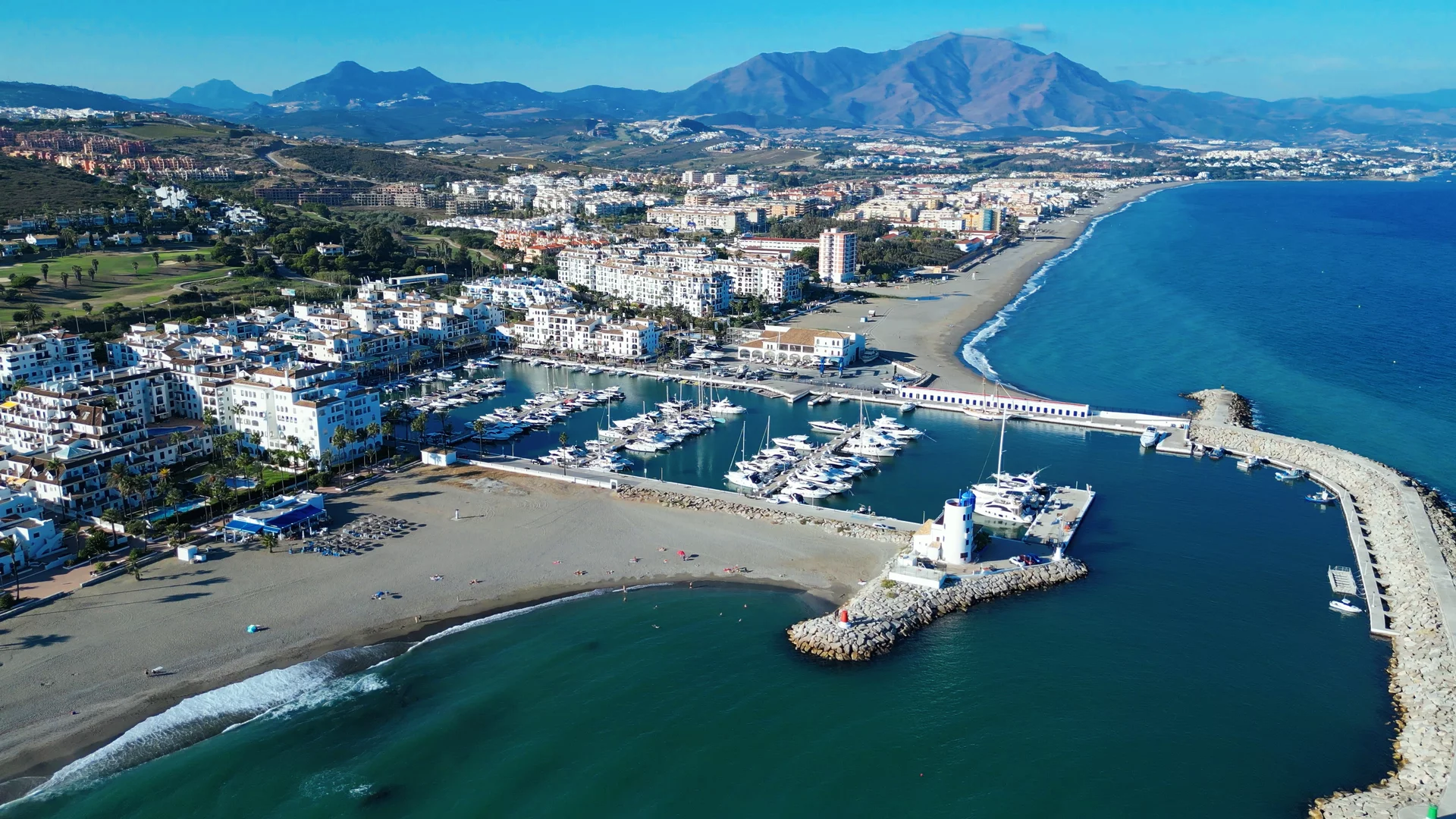
— The development of infrastructure refers to investment in real estate, but it is worth distinguishing whether you plan to rent housing in the long term or in tourist rental.
For example, Torrevieja is perfect for both long-term and tourist rentals, as it has a very good location and has had an extremely high demand for housing in the past two years. Here, as I mentioned, the starting price of the apartment for rent is 85 thousand euros.
In Benidorm you need to decide whether you want to rent housing to families or tourists — this depends on the choice of the area. In Marbella, Estepon, Benalmadena on the coast of Costa del Sol there are no openly disadvantaged areas to buy rental housing.
In cities such as Kalpe, Altea, Denia, it is good to live temporarily, enjoying the beautiful nature and tranquility of the resorts, but you can also pick up properties for rent (given that there are much higher prices than, for example, in Torrevieja).
Madrid is well suited for investment in profitable real estate — apartments and apartments for business people, digital nomads, students. However, the amount of investment here is much higher than in cheaper areas. But it makes more money.
— How high are utilities costs in the country? Can you give some examples?
— Utility payments in Spain are not big, water, gas, garbage collection, comunidad*. Individual houses have no comunidad, respectively, and there is no payment for it. The amount of the fee for the comunidad depends on the availability of various facilities on the territory of the residential complex: swimming pool, sauna, gym, etc.
The average contribution can be between 50 and 300 euros per month in the Costa Blanca region and above on the Costa del Sol coast in elite gated protected urbanization*.
Electricity in Spain is not cheap, but by EU standards prices are quite affordable — from 80 euros per month and above. Water — about 150 euros for 3 months. The garbage collection fee is 30-150 euros per year.
* Comunidad is a community of homeowners in an apartment building or complex of such houses. The Comunidad has an elected governing body, which decides on the management and maintenance of common property - entrances, elevators, suburban territory, etc. Members of the Comunidad pay monthly contributions for the maintenance and repair of general household property.
* Urbanization (urbanización) is a closed residential complex that can be located both in the city and outside the city. It consists of a group of houses surrounded by a common building area. As a rule, this is a protected area with facilities such as swimming pools, recreation areas and sports grounds.
Real estate purchase, taxes and mortgage
— Is it possible to buy property in Spain without citizenship? Generally, what do you need to buy real estate in Spain, if you are a foreigner?
— Real estate in Spain is available to almost everyone — it can be purchased without citizenship and without residence permit.
It is necessary to provide documents proving official income, to obtain the identification number of the foreigner (NIE) and to open an account in the bank of Spain. It is impossible to buy an apartment in Spain for cash.
Important. Today, Russians and Belarusians do not open accounts in banks, so the purchase of secondary real estate is possible through cryptocurrency and a couple of other tools.
— What are the taxes for buying and owning real estate?
— The main taxes paid by a residential property buyer in Spain are VAT (IVA) of 10% — paid when buying a new building, and property transfer tax (ITP) — when buying secondary housing (7-10%, depending on the region).
The list also includes stamp tax (IAJD) and state duty for the registration of a purchase-sale transaction in the Property Register. This will take 3-4% of the total cost.
The main tax for property owners is the annual property tax (Impuesto sobre Bienes Inmuebles (IBI)). It is charged and paid under the same scheme by residents and non-residents. Rates are set at the level of municipalities: from 0.3 to 1.3 per cent of the cadastral value of the facility.
— Which of the foreigners buys real estate in Spain most often?
— According to sales analysis of our company, which works with buyers in 20 languages of the world, a large volume accounts for buyers from the United Kingdom, Poland, Ukraine, Finland, France, as well as the Baltic countries — Latvia and Lithuania, in particular. Demand from the latter has increased significantly in the last two years due to political and economic circumstances.
We maintain a high level of sales among US and Canadian buyers. More often, customers from these countries buy housing for the purpose of moving and living, justifying the high cost of living, real estate and high taxes in their countries. The same is true of German buyers.
According to the statistics of the Registrars of Property (Registradores de la Propiedad) for 2023, the largest number of real estate in Spain buys citizens of the United Kingdom, Germany, France, Morocco and Belgium.
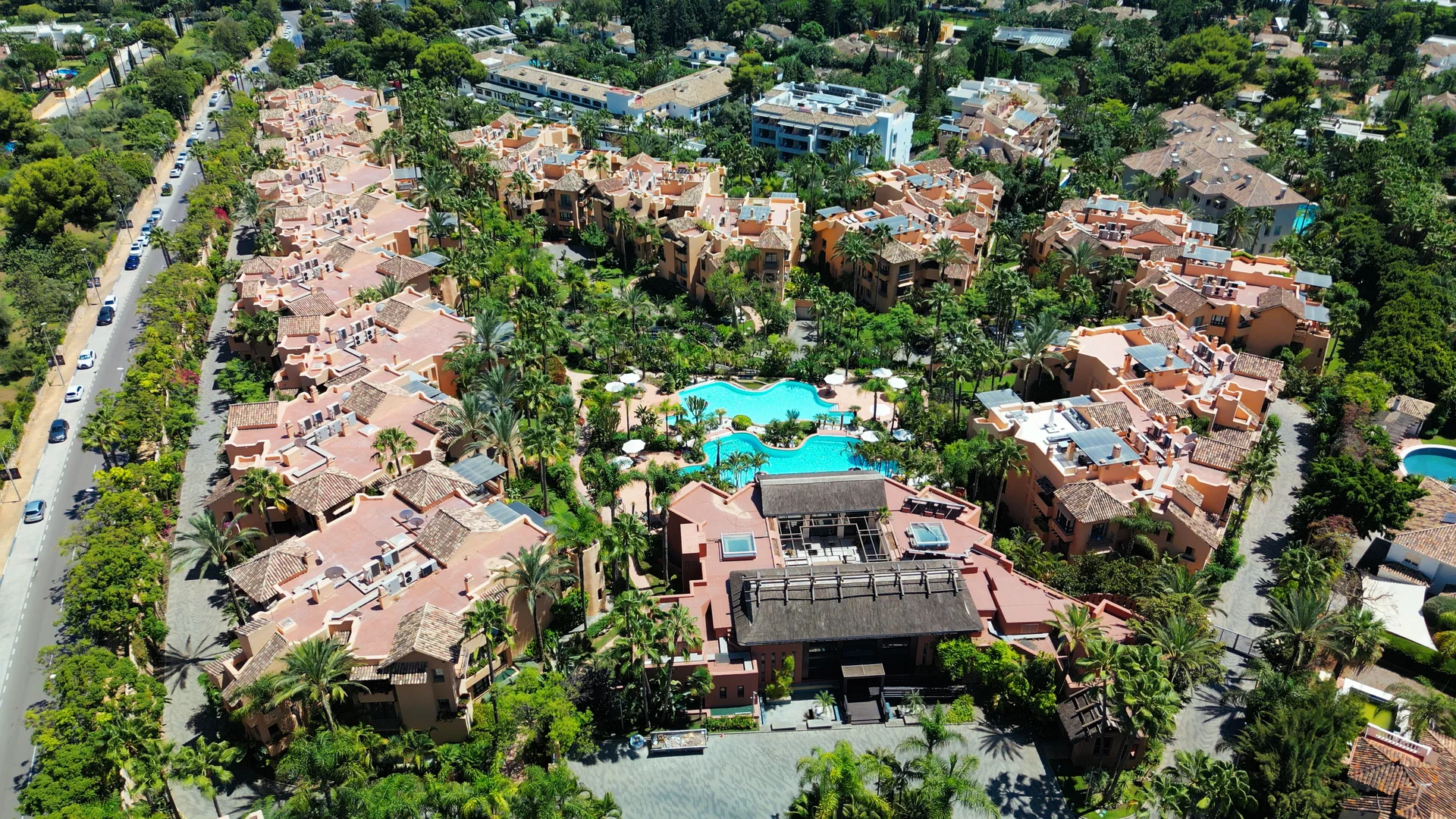
— Can foreigners take a mortgage to buy real estate?
— Yes, foreign citizens can take out a mortgage on the purchase of real estate in Spain in practical terms, under the same conditions as citizens of the kingdom.
But there are restrictions for some countries, for example, Ukraine, Russia, Kazakhstan, Belarus — citizens of these countries can not take mortgages in Spain.
— By the way, almost all countries have recently been talking about very high interest rates on mortgages. What is the situation in Spain and how does this affect the market, prices and demand?
— Indeed, in recent years there has been an increase in interest rates on loans, which was primarily due to the growth of the Euríbor index. By October 2023, it had reached 4.16%. Growth was driven by several factors, such as rising inflation in the Eurozone, as well as a 10-month rise in key European Central Bank rates.
However, since October, the ECB has announced that it is freezing the rate, and by the end of December had collapsed to 3.679%. Experts say that Euríbor will continue to decline, but do not wait for its collapse, the decline will be gradual. At the same time, the cost of mortgages may decrease somewhat. Today, the average interest rate is 4.5% in the first two years of lending.
Investment attractiveness of the market
— What makes the Spanish real estate market attractive for ordinary buyers and investors? Is it possible, for example, to obtain a residence permit or citizenship through such investments?
— The real estate market today attracts investors primarily by stability, high growth potential, guaranteed return on investment.
As for the residence permit or citizenship, in this regard, do not make the main bet on the purchase of real estate in Spain, because the fact of ownership of the property here does not give you the right to obtain a residence permit and especially citizenship. There is, of course, the program "Golden visa", which provides a residence permit for the whole family when buying a property worth more than 500,000 euros, but this is not suitable for everyone.
However, owning real estate in Spain is an added benefit when applying for a residence permit. In recent years, the Spanish state has significantly expanded the program of obtaining a residence permit, so in addition to the "Golden visa, there are other more "affordable" options for moving.
In addition, prices on primary and secondary markets, as well as rental in Spain are soaring, which, on the one hand, is a factor in favor of buying real estate in Spain, if you are going to live here, and on the other guarantee a good return on real estate rental, if you are considering buying for investment.
According to our observations, the increase in the cost of housing in the most popular cities and regions of Spain was at least 25% last year. This dynamic continues, so real estate in Spain remains liquid and is one of the most profitable investments in my opinion.
— How much can you earn on real estate in the country and what are the ways?
— The main and most popular way is to rent out real estate, both tourist and long-term. If we take the average return per year, it will be from 5 to 8%. There are more profitable investments — up to 12%, but such offers are few and have their own characteristics.
If we talk about long-term rentals, prices in Spain are rising very quickly, and supply is quite limited, especially in areas with high demand. This offers great potential for investors.
Another way to make money is to buy and resell real estate, which allows you to make money when the value increases. This method is especially popular in the new buildings market.
Rent and the “okupas” phenomenon
— Now let's move on to rental housing, how is this market developing in the country? How much does it cost on average to rent a house in the capital and other regions today? Has the situation changed over the last six months/year and if so, how?
— The rental situation in Spain changes almost every day, prices are rising rapidly and supply is falling. In some cities, such as Madrid, the government is taking steps to ease tensions in the rental market in order to bring more affordable housing onto the market. To achieve this, measures are being taken to support owners.
In general, today it is quite difficult to find good housing in Spain for rent at a low price, and owners have stricter requirements for potential tenants.
The average rental price in Madrid, according to the enalquiler portal, is €2,316 per month, in Barcelona €2,559, in Torrevieja — €812, in Malaga €1,336, in Marbella — €5,861 per month.
— Have you encountered the problem of squatters in Spain in your practice? How can you comment on this phenomenon in the market?
— The phenomenon of so-called “okupas” scares off many potential buyers of real estate in Spain. There is a horror story going around: he went to buy bread, came back, and someone had already taken over the apartment. But, based on our practice, the fear is greatly exaggerated.
The problem really exists, it cannot be denied, but occupiers prefer empty housing, mainly bank real estate. You can also easily protect yourself with the help of modern security systems and armored doors — squatters are not interested in such real estate.
In addition, certain progress is already being made in the field of legislation regarding home invaders: Congress is considering a bill on emergency evictions within 24 hours and the introduction of criminal liability for this crime.
— Based on the current market situation, what do you think can be expected in the future?
— We expect further growth in sales volumes, especially from foreign buyers, a possible decrease in mortgage rates, a stable increase in demand for luxury real estate, as well as an increase in the number of transactions with cryptocurrencies.
Author
I am responsible for editorial work. I write expert interviews and guides.














